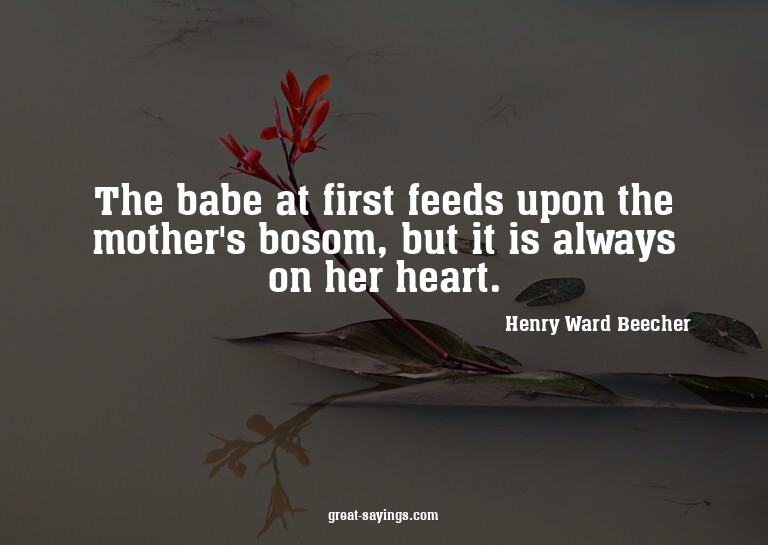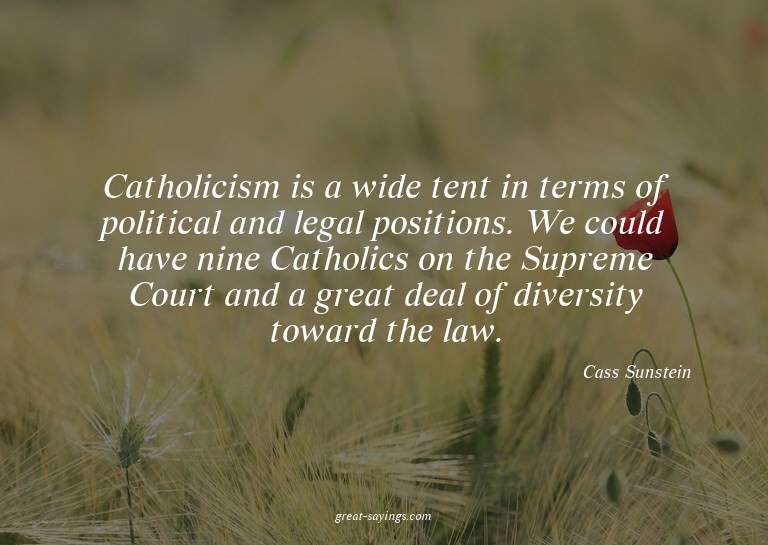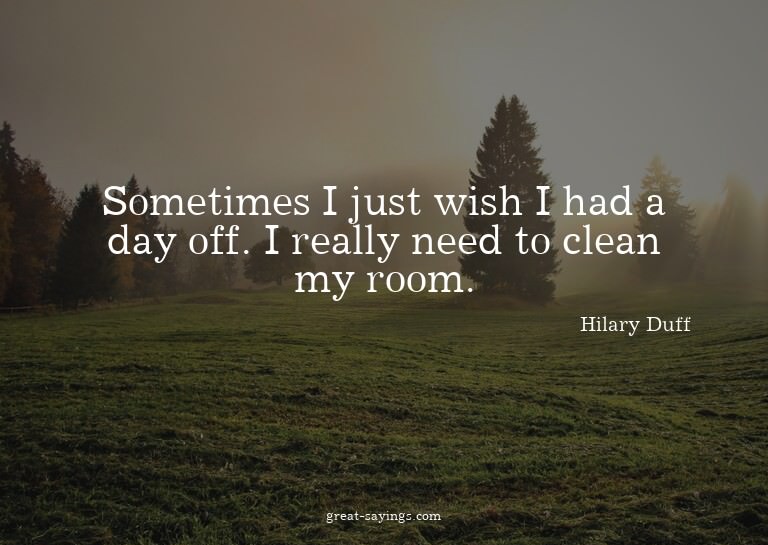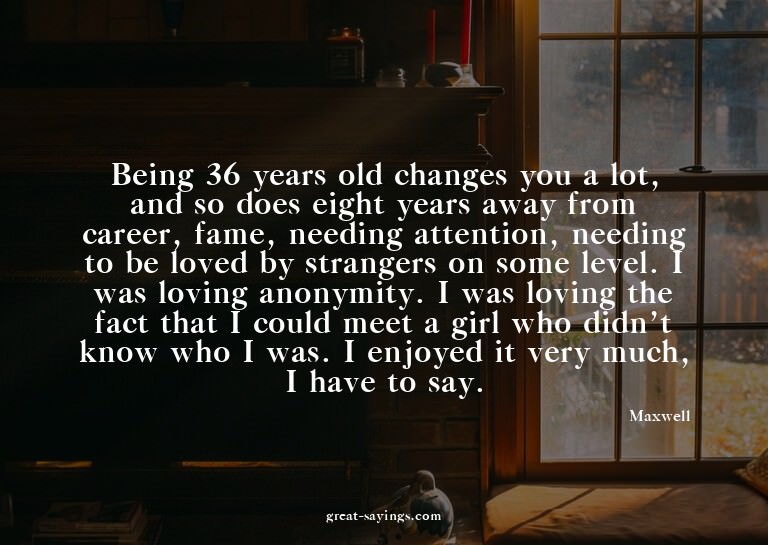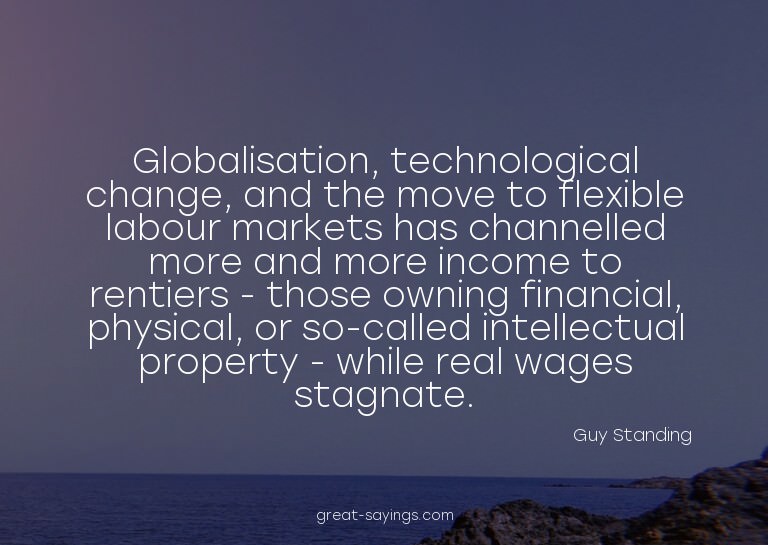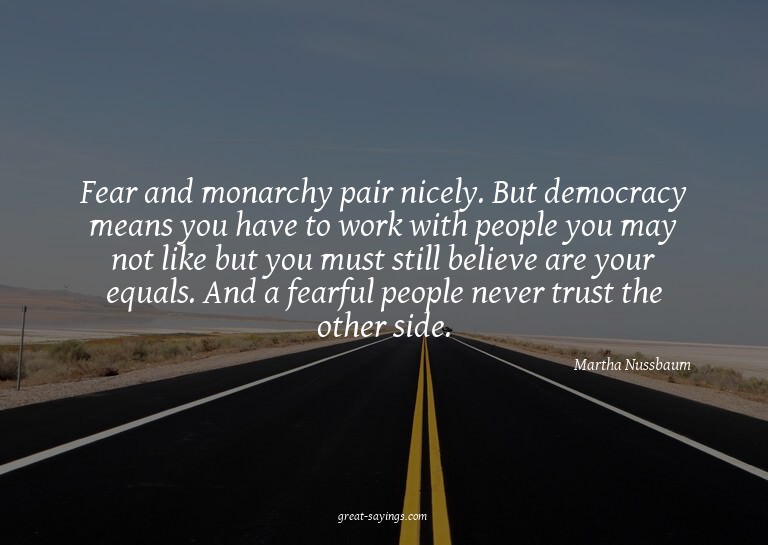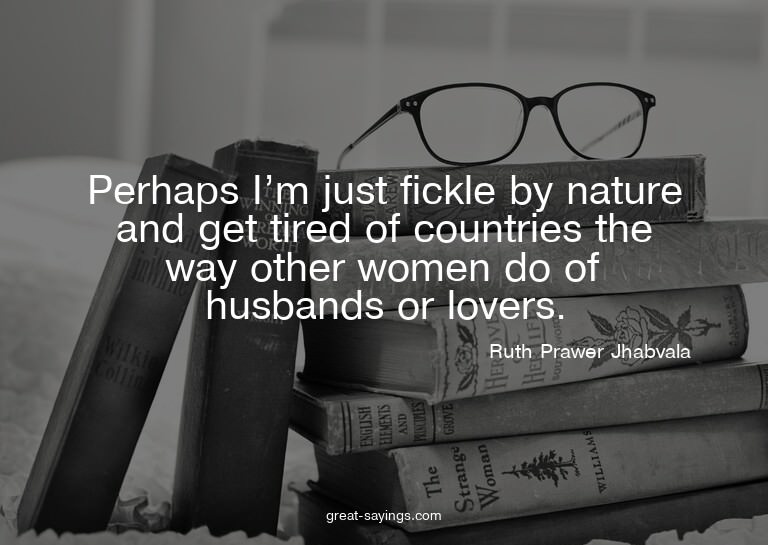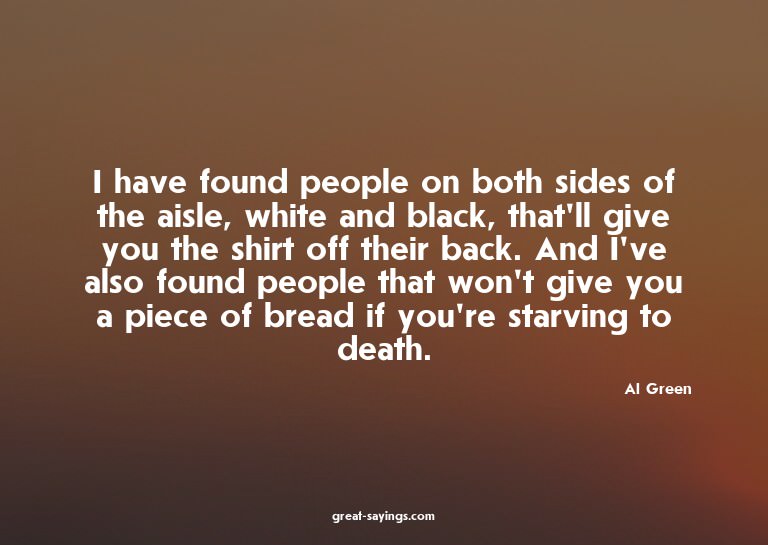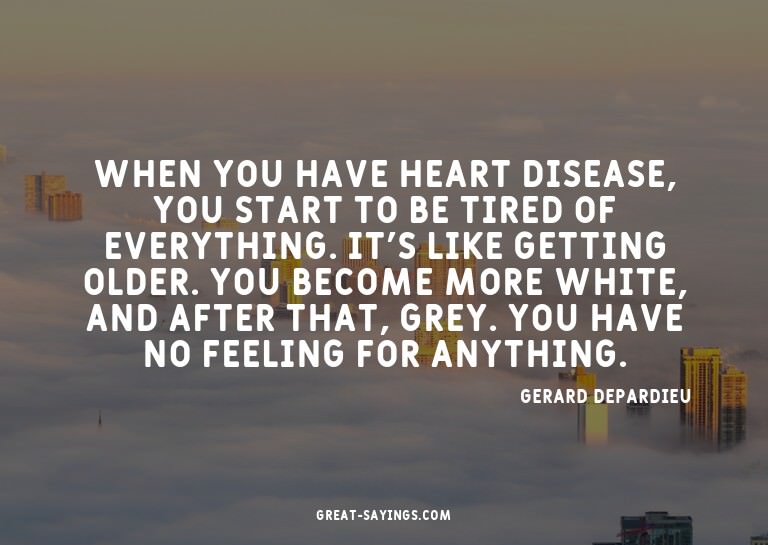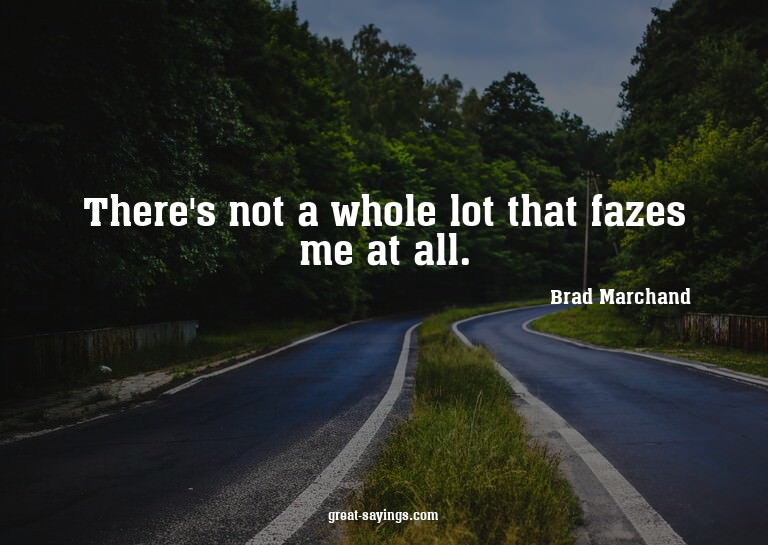Words matter. These are the best Lynn Coady Quotes, and they’re great for sharing with your friends.
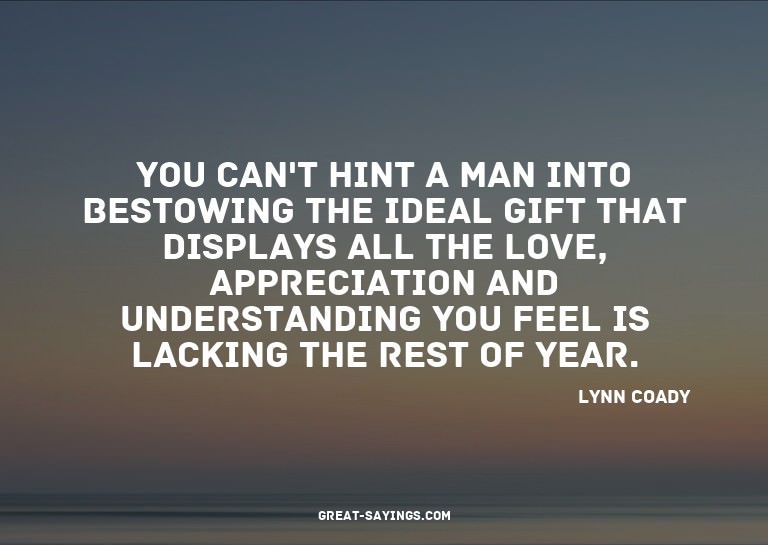
You can’t hint a man into bestowing the ideal gift that displays all the love, appreciation and understanding you feel is lacking the rest of year.
Filtering can be a very good thing when it comes to human relationships and familial harmony. Yeah, filtering is often an absolute necessity.
A dominant misconception among believers is that their atheist brethren are a slavering pack of hell-bound debauchees, gleefully wining and wenching their way through life while loudly professing their amorality.
It’s kind of sad, the way we’ve turned the entertainment of reading into a kind of psychic broccoli – something to feel guilty about if you don’t force it on your face-making children while dutifully consuming a few token florets yourself.
Guys know how to read each other’s signals. They know how to telegraph love for one another without throwing their arms around one another.
This is not necessarily the answer people want, but ultimately, I think writing is an amoral process. Your ultimate responsibility is to the truth of the story you’re trying to tell.
Literary readings aren’t going to shake their reputation as the added-fibre of our entertainment diet until the people who organize and participate in them snap out of this mentality.
The one thing I’ve always done as an author is talk to my publicists. Because they have all the best stories – and they have all the dirt on other, more famous and important writers. They’re not supposed to talk about it, but sometimes you can get awesome little tidbits from them.
I’m trying to get at something a little transcendent between humans. But at the same time, there’s all that baggage: What’s beautiful about humans is what’s balanced by what’s kind of ugly and petty and depressing.
Do not make the writer stand behind a podium. Anything but. A podium reeks of the lecture hall. A music stand, on the other hand, is nicely minimal and lends the writer – who usually needs all the help s/he can get – a musician’s second-hand cool-factor.
There was a time when I thought dudes had friendship all figured out. The focus on eating things in front of giant screens, pretending to punch one another, competing over who can utter the grossest and most profane personal insults imaginable – this struck me as the very apex of human social exchange.
The process of writing a story isn’t about fair. It’s about getting to the heart of your story, getting to the truth of it. It transcends ideals of fair and unfair, right and wrong.
True adulthood occurs the moment we grasp that the people who raised us do not exist solely for our comfort and reassurance. From that point on, the steady stream of unconditional love and support we’ve expected from them all our lives has to flow both ways.
That’s what fascinates me about these writers’ retreats: You’re in these small spaces with small groups of people, and all of the sudden, the spotlight is shining on you harder than it normally is.
Now, as a writer, the whole world is your nail polish display, and what’s more, you can help yourself. A thrilling, colourful array of gorgeous human peculiarity revolves before your eyes, and you still can’t quite believe it’s all yours for the taking.
I really do think of it in moral terms. I think that we can’t kid ourselves that the storytelling impulse is innocent and does nothing but bring good to the world.
The masterstroke of male fraternity, I believed, was the practice of never speaking of anything remotely personal or related to one’s emotions. That way, no one is ever made uncomfortable. Any such awkward moments can always be dispelled with a flurry of pretend-punches.
I avoid writing about sex out of a certainty that no matter how grown up and matter-of-fact I might try to be, there is a snickering yet nun-terrorized 12-year-old-boy inside me who would at some point be certain to grab the reins in his hairy palms.
That’s all small talk is – a quick way to connect on a human level – which is why it is by no means as irrelevant as the people who are bad at it insist. In short, it’s worth making the effort.
Loneliness sucks. It’s a slog. It feels wonderful and exhilarating when someone makes it go away. But love is a whole different ball game.
When revising, consider whether you have written anything that will hurt or offend a member of your immediate family. If the answer is no, go back and add something.
We are all somebody’s children, and when we’re in pain, we regress, instinctively looking to our parents to make everything better.
There are people out there who genuinely love literature, who genuinely love to read and read widely, who will never like, or even necessarily get, my books. That was a hard one to swallow, to not feel slighted by.
What I’ve learned is that you get better at writing by writing, and that ‘youthful energy’ will only get you so far.
Flowers are an easy, eloquent expression of love at a time when words can seem clumsy and inadequate.
Audience participation can often inject a dose of adrenalin into your average dial-tone literary reading, especially if a handful of audience-members are mentally unhinged, and let’s face it – you can always depend on at least one crackpot at these things.
You know the actor’s nightmare is getting up onstage and not being prepared? I think the writer’s nightmare is giving a reading and somebody standing up and saying, ‘That’s not your story.’
I started out in the journalism program, but I got kicked out. I wasn’t very good at it. It wasn’t where I wanted to be ultimately.
We like long-form narrative journalism, and we feel there aren’t enough high-profile outlets in Canada running the kind of stories we want to showcase – long, meaty, thoughtful, investigative.
One day it hit me: Truest friends, God bless their hearts, could not care less. They love you, they’re pleased you’re getting married and, ultimately, they don’t give a fig how you get it done.
It’s doubtful that any fiction worth reading has been produced on a computer running Windows Vista.
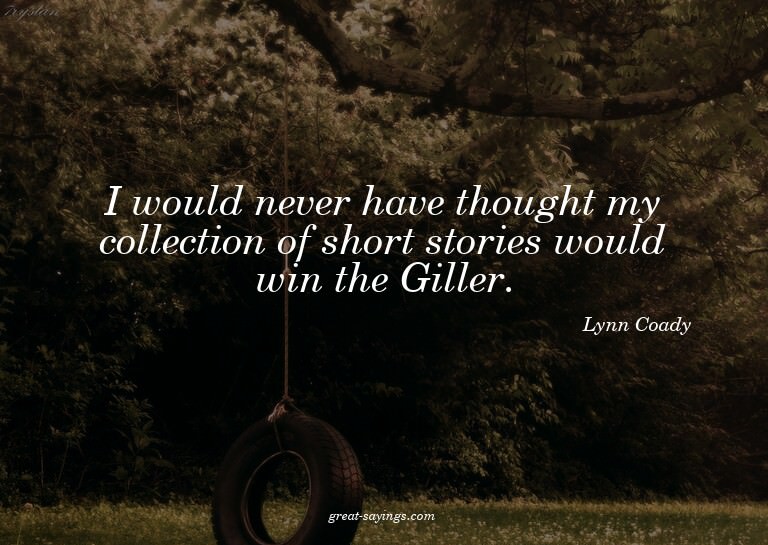
I would never have thought my collection of short stories would win the Giller.
Let’s not confuse traditional behaviours with good manners. The definition of etiquette is gender neutral – it simply means we strive at all times to ensure a person in our company feels at ease.
Never use dogs to symbolize anything. That is ridiculous. Always ensure that any dogs are just dogs; i.e., characters in the story who happen to be dogs.
You can catch a scent in the wind – an idea, or a concept – and follow it. You can delve into your subconscious and see what happens, in a way you just can’t when you’re writing a novel.
I don’t even like to cry in private.
I just have to trust that the story is going to shake out in such a way that’s going to be palatable to readers.
When writing sex scenes, there is often no pleasing anyone, except perhaps the writer herself.
Sometimes I pine for the era of Miss Manners, when there were hard and fast rules dictating a well-bred individual’s behaviour in any given situation.
A novelist’s sense that he or she is ‘above’ a certain genre mainly comes out of the notion that the genre is somehow a debased version of his or her preferred form.
I’ve never understood people who treat their loved ones worse and with less respect than they would a total stranger or minor acquaintance.
Atheism is a moral position – a rather rigid one, if you’ve ever read the opinions of its highest-profile espousers, Christopher Hitchens and Richard Dawkins.
I went into the world confident my tea training would open many doors. And I did particularly well with the Irish and fellow Nova Scotians over 60. But this only got me so far. It took a long time to cultivate the tricks of easy social interaction.
Grownups, as a rule, should always be ready to pay for their own meals – or else ready to graciously accept their date’s insistence on paying. The point is, one doesn’t sit there batting one’s eyelashes, fully expecting someone else to claim the bill.
A bunch of chairs lined up in front of a podium equals school.
I come from a working-class background, and I thought I had to be studying something that would get me a job.
Most don’t live inside their heads as a writer does, having conversations with her own ideas.
The novel, as a genre, was once considered a diversion every bit as frivolous as Facebook, but over the years, we’ve managed to convince ourselves that reading fiction is as important to our mental digestion as fresh fruits and vegetables are to the processes that take place a little further down.
Anger is one of those emotions that doesn’t follow the letter of the law. It speaks before it thinks. It rears up on its hind legs and charges.
Formalized rules of manners were so great because they left no room for basic human haplessness. They allowed us to circumvent our natural boorish tendency to disregard the feelings of others.
Somewhere in our cultural subconscious, we crave these figures that are big and strong and unassailable, like masculine fortresses. It’s like how the 9/11 firemen were venerated.
It’s the typical mid-life crisis kind of thing, where you just stop and wonder, ‘Should I go back to university and get a law degree?’ I kind of looked around me and thought, ‘What kind of idiot am I that I’ve just spent the last 10 years writing novels? Financially, I’m pretty much where I was when I was 28.’
Pages: 1 2

